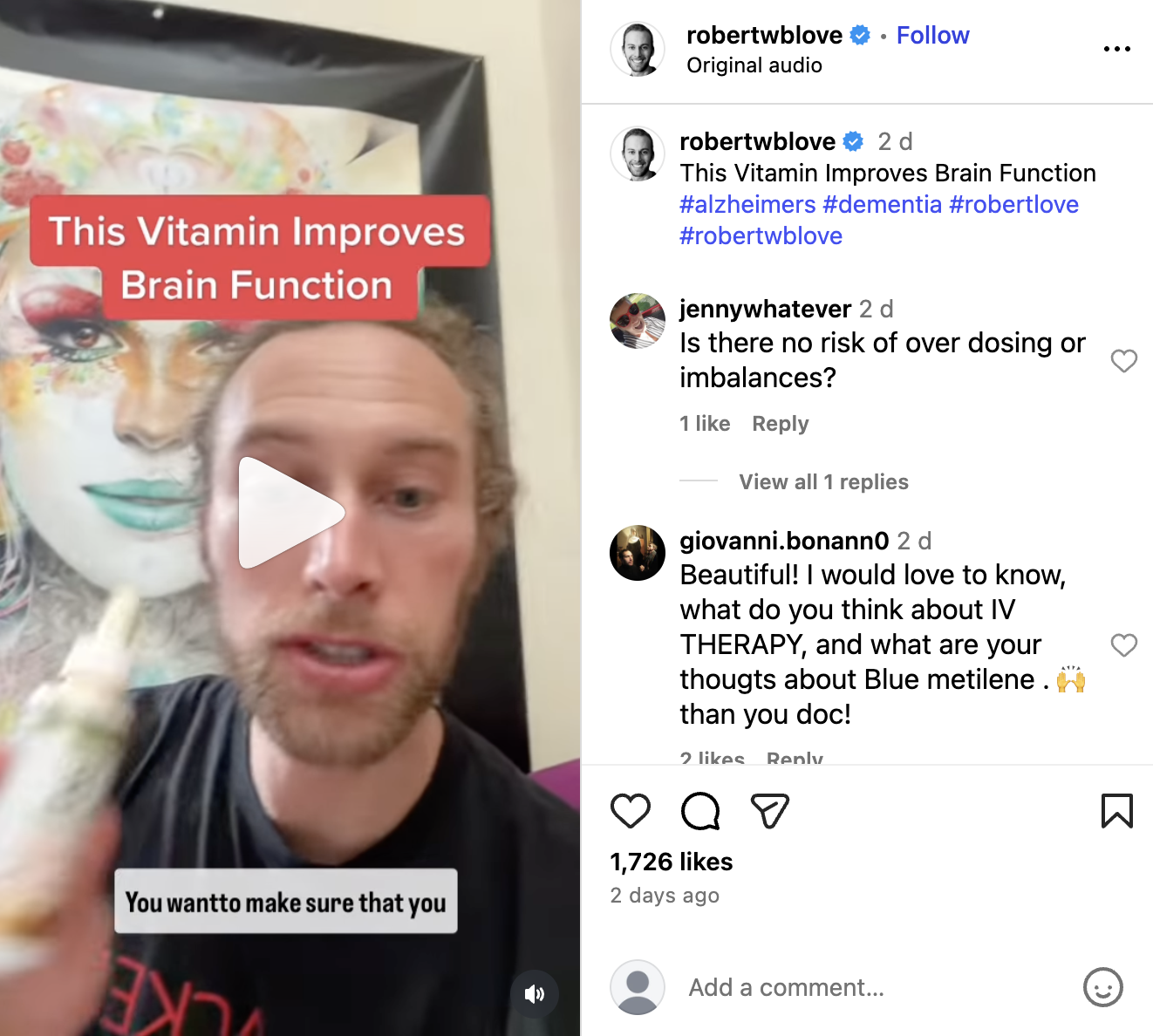

Neurologist Explains How Vitamin B Complex Powers the Brain
By Prabha Gupta, August 26,2025
In today’s fast-paced world, where stress, poor diets, and digital overload are taking a toll on mental well-being, doctors are increasingly pointing towards simple yet powerful solutions hidden in nutrition. One such solution is the vitamin B complex a group of essential vitamins that play a vital role in maintaining not just physical energy but also cognitive health.
A neuroscientist, Robert W. B. Love, a neurologist, explained how vitamin B complex for Brain Health is often underestimated, despite being crucial for memory, focus, and preventing neurological disorders. This insight brings new hope for individuals struggling with fatigue, brain fog, or age-related memory issues like Alzheimer’s.
https://www.instagram.com/reel/DNs3pzfO9wb/?utm_source=ig_web_copy_link

Why Vitamin B Complex Matters for the Brain
When people think about vitamins, immunity and skin usually come first. But the brain—the body’s control center—needs consistent nutritional support. Vitamin B Complex for Brain Health, also known as B vitamins for memory or brain vitamins, includes B1 (thiamine), B6, B9 (folate), and B12. These vitamins regulate neurotransmitters, maintain nerve health, and ensure proper blood and oxygen flow to the brain.
Deficiency in these vitamins can lead to fatigue, poor concentration, irritability, depression, and nerve problems. In fact, nutrition experts highlight that many modern diets lacking fresh vegetables, fruits, and proteins leave people vulnerable to Vitamin B12 deficiency, which is strongly linked to memory loss and brain fog.
Studies suggest that people consuming enough Vitamin B Complex demonstrate stronger memory retention, reduced stress, and a lower risk of dementia or Alzheimer’s disease.
Nutritional diet is important than Supplements
So, what does this mean for someone struggling with brain fog and forgetfulness? The neurologist recommends a diet rich in whole grains, leafy greens, nuts, eggs, fish, and lean meats. All natural sources are important than vitamins. For those with diagnosed deficiencies, supplements may be needed, but these should always be taken under medical guidance.
Self-prescribing high doses may cause side effects. Instead, sustainable nutrition, exercise, and lifestyle changes are the safest route to long-term brain health.
says neuroscientist Robert W.B.Love
With mental health challenges rising globally, awareness about vitamin B complex becomes necessary for brain health. The neurologist’s message is clear: before looking for shortcuts, look at your plate. The sharpness of your mind depends on fulfilling your body’s most basic nutritional needs through natural foods.

NewsHasghag operates a 24/7 news bureau that tracks the real-time, social media-driven stories from India and around the world, keeping you ahead of the day’s key talking points. Our digital-first approach transforms storytelling through the seamless integration of data, interactive charts, video, and audio into every narrative









